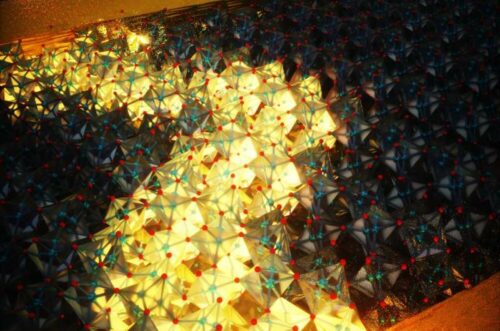An international team of researchers has studied how elasmobranchs, or sharks, rays, and skates, exploit the ocean’s depths, including researchers from The University of Western Australia and the Australian Institute of Marine Science (AIMS).

While doing research on phase transitions in vanadium dioxide for his doctoral thesis at EPFL’s Power and Wide-band-gap Electronics Research Laboratory (POWERlab), Mohammad Samizadeh Nikoo uncovered an unexpected discovery (VO2). When VO2 is relaxed at room temperature, it enters an insulating phase. However, around 68 °C, it undergoes a sharp insulator-to-metal transition, changing its lattice structure. VO2 has a volatile memory by nature.
“The material reverts back to the insulating state right after removing the excitation” says Samizadeh Nikoo. He sought to learn how long it takes for VO2 to change states in order to complete his thesis. After doing many measurements, he discovered a memory effect in the material’s structure, which changed the course of his research.
Samizadeh Nikoo used an electric current to experiment on a VO2 sample. “The current moved across the material, following a path until it exited on the other side,” he explains. The sample was heated by the current, which changed the condition of the VO2. The substance then went back to its initial state when the current had passed.
After giving the material a second current pulse, Samizadeh Nikoo discovered that the history of the material had a direct impact on how long it took to change state. “The VO2 seemed to ‘remember’ the first phase transition and anticipate the next,” explains Prof. Elison Matioli, who heads the POWERlab. “We didn’t expect to see this kind of memory effect, and it has nothing to do with electronic states but rather with the physical structure of the material. It’s a novel discovery: no other material behaves in this way.”
The researchers discovered that VO2 had a three-hour memory span for the most recent external stimuli. “The memory effect could in fact persist for several days, but we don’t currently have the instruments needed to measure that,” says Matioli.
The discovery made by the study team is significant since the memory impact that they saw is a fundamental characteristic of the substance itself. Engineers use memory to perform a variety of calculations, and there is a high demand for materials that could improve calculation performance by providing greater capacity, speed, and miniaturisation.






